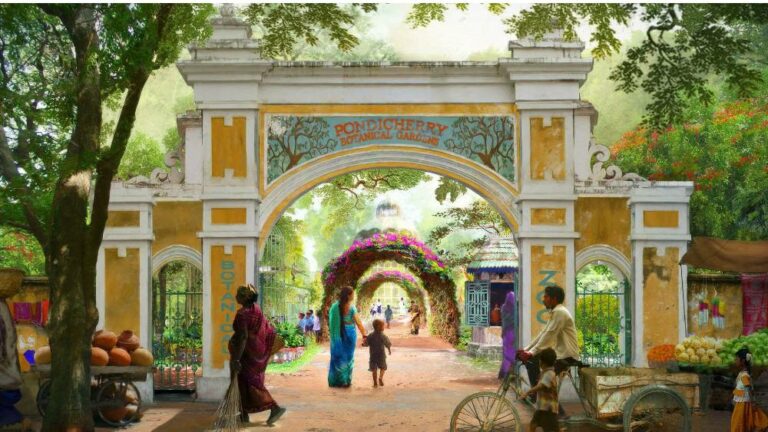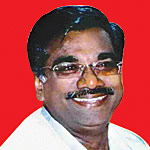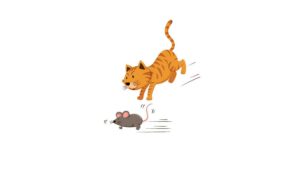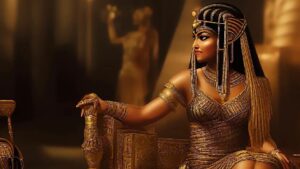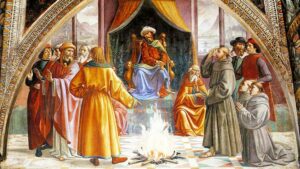It all started at the Indian Coffee House on Nehru Street. Pondicherry where Yann Martel (author of a novel, Self and a story collection The Facts Behind the Helsinki Roccamatios) met an elderly man named Francis Adirubasamy who said: “I have a story that will make you believe in God…It starts right here in Pondicherry just a few years back and it ends, I am delighted to tell you in the very country you come from (Canada)”.
Yann Martel’s patience and his extensive research have all gone into the making of this novel. Written in one hundred chapters and gathered under three sub-headings, the first is about Piscine Molitor Patel, known as Pissing Patel, known for short Pi, living with his parents in Pondicherry, where his father runs and owns the city’s zoo. Pi is a practising Hindu, Muslim and Christian. His love for all religions makes him say, “Swami Jesus, will you go on the hajj this year?” When the religious heads suggest that he choose one, Pi retaliates thus: “Bapu Gandhi said, ‘All religions are true! I just want to love God’.” It is this faith in God that saves Pi when he is destined to be one among the five survivors in a solitary lifeboat on the wild pacific.
The zoo that was once the pride of Pondicherry can’t go on forever. As everything on earth is bound to have a stop sometime or other, the Patels following the emergency in India, have to sell their zoo lock, stock, and barrel for a fresh start in Canada.
Tsimtsum, the cargo ship carrying them, unable to brave a terrible storm sinks. The only survivors were a zebra, a hyena, a female orangutan, Pi Patel and Richard Parker all in a solitary lifeboat. Richard Parker is no human companion but a 450-pound Royal Bengal Tiger. “I felt death was upon us. The only choice left to me was death by water or death by animal. I chose death by animal,” reminisces Pi.
What to do with Richard Parker? Pi devises several plans and finally sticks to Plan Six: “The War of attrition. The waiting game. Passivity. The relentless march of time and the hoarding of resources”. The rest of the story is grief, ache and endurance. Accustomed to Vegetarian diet, poor Pi descends to a level of savagery he never imagined possible. He even tries once to eat Richard Parker’s faeces.
The survival story starts on July 2, 1977 and ends on Feb 14, 1978. Two hundred and twenty seven days spent alone in a lifeboat in the middle of the Pacific with a ferocious tiger, as a companion in misfortune is hard to believe. In fact, when Pi tells the story to his Japanese interviewers, which form the third part of the novel, he can hardly believe it himself. So do the Japanese. “He thinks we are fools,” they say. Therefore, Pi twists the story and gives them another version of his adventure with no animals in it. In both the stories the ship sinks, his entire family dies and he suffers. As readers of the novel, we too undergo the ordeal that reduced Pi and Parker to skin and bones. The third part comes as comic relief.
Life of Pi, as a whole, is a book for animal lovers. The author’s sound knowledge of animals and animal behaviour, his familiarity with the art and science of zoo keeping vie with each other to make this novel a highly readable one. Once we enter the wild Pacific (the second part of the novel) it begins to read like a thriller making us sit on the edge of our seat. With the arrival of the Japanese interviewers, it is high comedy.
Part fantasy filled with fun and humour, part faction with lots and lots of facts about animals ranging from the sloth bear that sleeps and rests on average twenty hours a day to the cruel jaws of the nightmarish tiger shark, the novel speaks in fitting terms for the excellent storyteller in Yann Martel.
Life of Pi, no doubt immortalised the zoo that was once the pride of Pondicherry. Years ago, when I was a kid my father used to take me to Sanglian Thottam, where we roamed amidst tall trees and bushes, listening to chirpings and cries of birds. My father used to point his finger at a desolated place and say: “There was a zoo here, and the roaring and growling scarred the shit out of us. That was when we were kids”. This place, though now known by the name Government Botanical Gardens continue to be called by its original name by the senior citizens here.




